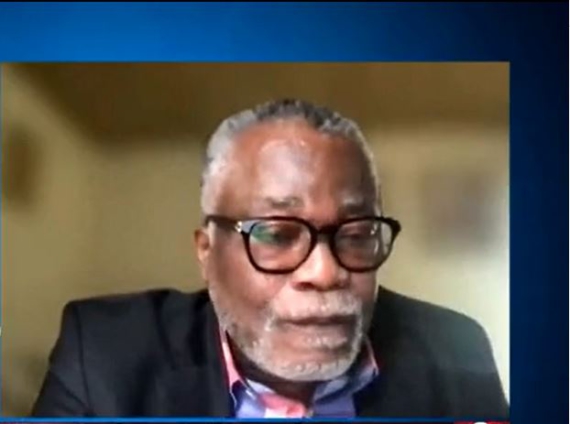An international conflict resolution expert, Col. (Rtd.) Festus Aboagye says the reasons behind the coups in neighbouring countries are contagious and likely to spread easily.
Speaking to Samson Lardy Anyenini on Newsfile on Saturday, he explained that the likelihood of the coups to spread is high, “especially if the conditions are right.”
“First of all, what is going on is a contagion; forget that the UN Secretary-General called it an epidemic, and a contagion can spread in all manner of ways,” he said.
This comes after a series of coups in countries like Mali and Guinea, within a year.
Currently, Burkina Faso has followed the trend with its military seizing power. The military leader Lieutenant Colonel Paul-Henri Damiba, together with some mutinies, deposed President Roch Kabore.
The coup was due to deepening anger about Kabore’s response to violence by armed groups.
Commenting on these happenings, the former military official said factors and circumstances that led to military coups in other West African democratic states exist in Ghana, although with different context-specificities.
He, therefore, urged government must put stringent measures to deal with the grievances of agitated groups and individuals.
Rtd Col Aboagye further cautioned Ghanaians to be concerned about the trends of coups happening in other African countries.
“We could find some of the grievances that have been used in other countries in our own country, and therefore we need to be very concerned.
"Corruption is here, as in Mali, Guinea and Burkina Faso. Political influence on the security services in those countries are also present in our own country. It involves civil-military relations; for instance, about dismissing officers, promoting officers and so on are all here," he stressed.
He suggested that the growing social-economic challenges in the country ought to be addressed to prevent such coups in the country.
“All of us need to be worried. I belong to the school of thought that you don’t fight terrorism with only guns and bullets. Indeed, it will be more productive to address some of the socio-economic inequalities.”
Meanwhile, the Faculty of Academic Affairs and Research director at the Kofi Annan International Peacekeeping Training Centre (KAIPTC), Prof. Kwesi Aning, is predicting a couple of coup d'états in the West African Region.
This, he said, is a result of the trajectory of extreme violence and the toxicity in politics such as excessive corruption, unemployment, poor educational system and other underlying factors of political instability present in most West African countries.
Latest Stories
-
Dr John Kpikpi: Safeguarding our electoral process
2 hours -
Citizens App for election results collation launched in Ghana
2 hours -
NDC’s flagship 24-hour economic policy and programme – What, how and impact
2 hours -
Reshaping procurement practices through technology
2 hours -
Djokovic to begin bid for 25th Grand Slam in Brisbane
3 hours -
Election 2024: National Peace Council urges calm ahead of final campaign rallies
3 hours -
An open letter from UDS lecturers – Do not reward impunity and deceit with political power
3 hours -
Manchester City ends seven-game winless streak by beating Forest
3 hours -
Sancho scores as Chelsea thumps sloppy Southampton
3 hours -
Fiorentina’s Bove out of intensive care after collapse
3 hours -
Bellingham scores but Athletic Club edge out Real Madrid
3 hours -
Newcastle snatch draw in six-goal thriller against Liverpool
4 hours -
Alan urges Ghanaians to reject incompetent leaders and destructive duopolistic system
4 hours -
Alan Kyerematen receives massive support from Western Region ahead Dec. 7 election
4 hours -
Arsenal inflict first Amorin Man United defeat
4 hours

